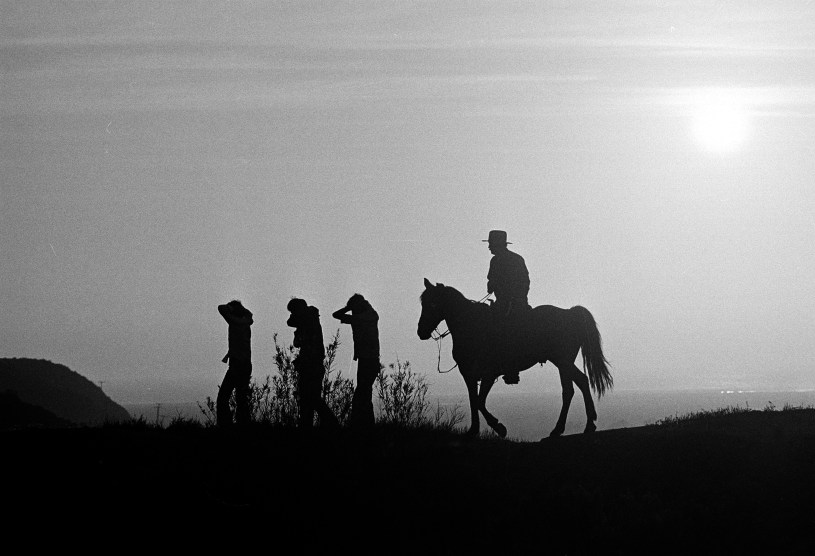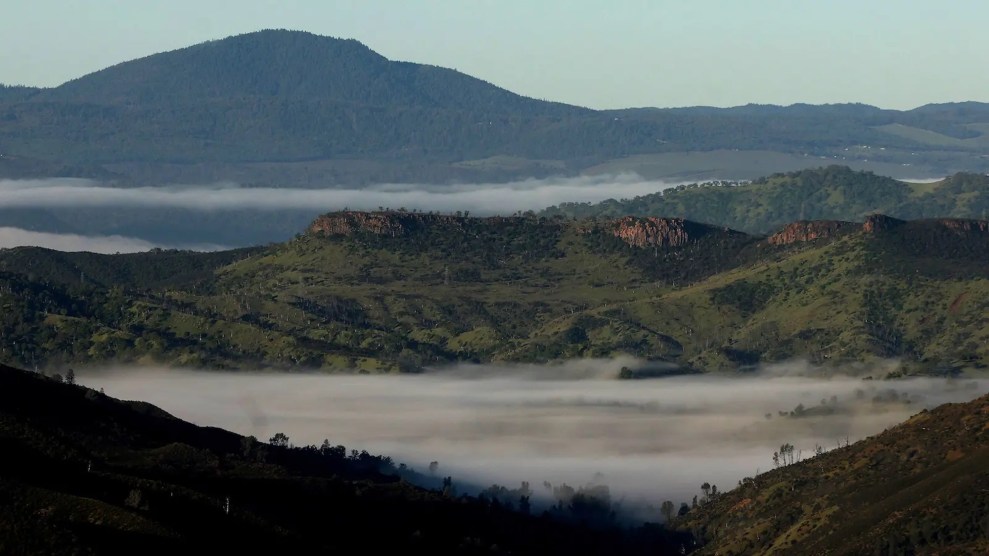
There’s a lot of disquiet on the Internet these days concerning the relationship between the Peace Corps and United States intelligence agencies. The issue has found new legs in the wake of recent claims that Peace Corps volunteers and a Fulbright scholar were asked by a United States Embassy official in Bolivia “to basically spy” on Venezuelans and Cubans working in Bolivia. In an interview last week with ABC News, Fulbright scholar John Alexander van Schaick said that he was told by Assistant Regional Security Officer Vincent Cooper “to provide the names, addresses, and activities of any Venezuelan or Cuban doctors or field workers I come across during my time here.” Cooper had made a similar request to a group of 30 Peace Corps volunteers and students.
For soliciting Peace Corps members’ and Fulbright scholars’ assistance, Cooper has paid a price. Bolivian President Evo Morales has now declared him an “undesirable” person whose actions amount to an “attack” on Bolivia, and he has already been recalled to Washington D.C. As CrooksandLiars points out, just today, in a groundbreaking move, Bolivia filed espionage charges against Cooper. Cooper should have foreseen the firestorm that would likely ensue if his actions were made public. So why did Cooper feel it was appropriate to use Peace Corps volunteers and a Fulbright scholar for intel work? Maybe there is a precedent that the rest of us are not aware of. The Huffington Post points out that there was a four-month span between when Cooper met with the Peace Corps volunteers and when he approached van Schaick. Clearly this was not an isolated event.
In the blogosphere, there’s a long-running debate as to whether or not there is a provable relationship between the Peace Corps and intelligence agencies. On one side are those who vehemently defend the independence of the Peace Corps. They say that such a relationship is illegal, and that all intelligence professionals are expressly forbidden to join the Peace Corps according to the Peace Corps eligibility criteria. On the other side are those who maintain that people continue to transition from the Peace Corps into intelligence agencies regularly. And volunteers are quick to point out that they submit quarterly reports on their projects and communities, with potentially juicy intel.
In fact, there is a well documented historical relationship between cultural scholars, humanitarian aid workers and intel agencies—why should our scholars in the Peace Corps and Fulbright be excluded? The United States has long used social scientists in times of war to gather sensitive cultural information on our adversaries. During WWII, anthropologists including Margaret Mead, Ruth Benedict, and Geoffrey Gorer provided key knowledge to military planners and ultimately played a prominent role in shaping United States policy in Asia. But some of the most notorious cases of military-academia partnerships occurred during the Cold War. In the 1960s, as part of a secret operation known as Project Camelot, the Pentagon secretly hired anthropologists to research insurgency elements in Latin America. When the program was brought to light, Robert McNamara was forced to shut it down. However, today the Department of Defense employs anthropologists as consultants, both in the field and in the Pentagon, utilizing their cultural knowledge as yet another tool in the war on terror.
The Peace Corps is an arm of our diplomatic presence in foreign countries. A semi-academic institution, it clearly offers a softer side of United States foreign policy than other agencies, and thus it plays a crucial role in shaping our image abroad. However, recent efforts to boost military recruitment by allowing soldiers to fulfill part of their military obligation in the Peace Corps have upset some volunteers, and reignited the issue of Peace Corps independence. If this doesn’t demonstrate the willingness on the part of the Pentagon to blur the line between the military and the Peace Corps, than I’m not sure what does.
I don’t believe that the Peace Corps is a CIA front, but we should be cognizant of the long tradition of social scientists as de facto intelligence gatherers, especially in this era of counterinsurgency warfare.









